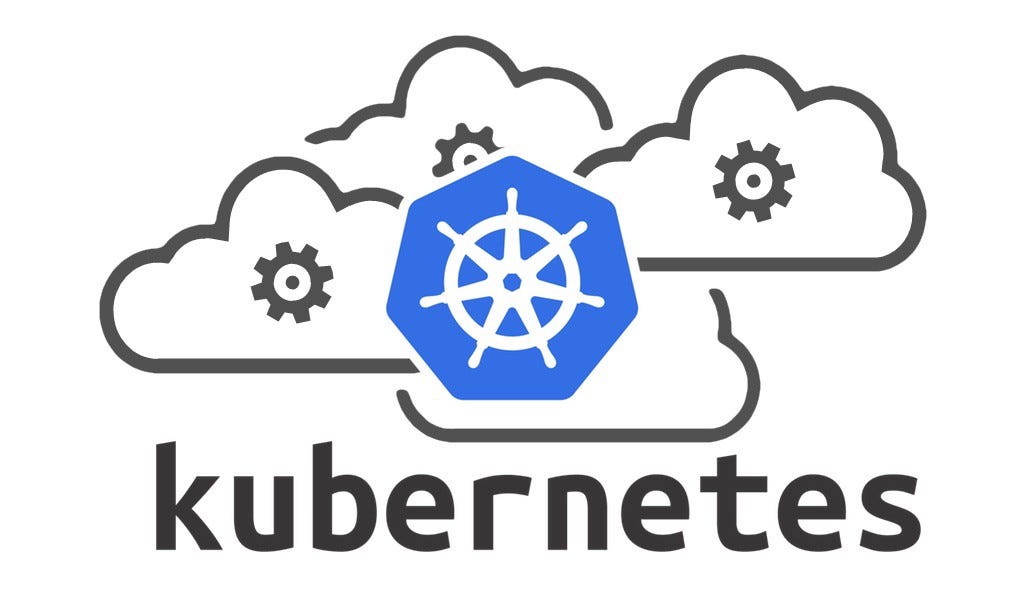In simpler words, Kubernetes, or K8s as people fondly call them, is a portable open-source platform to containerize clusters of assignments and services. It is basically a management software to orchestrate containerized work. It defies the operational collapse of the systems that the developers in a company use. The malfunction may happen when the systems go through automatic updates or any other automation.
Google created Kubernetes to stop losing work because of any automatized disruption, and to keep the workflow smooth in an organization.
What is Kubernetes?
Kubernetes is an open-source container orchestration platform that is a product of Google cloud services. Kubernetes is one of the highest-performing programs to automatize the management of containerized applications on a large scale. It is a Greek word that means helmsman of a ship or a pilot. Kubernetes is indispensable for developing, distributing, and scaling containerized applications.
Kubernetes provides much more than traditional orchestration platforms. It goes beyond the basic framework of an application and facilitates the users to choose the type of framework of an application, including languages, monitoring tools, logging tools, and some other tools as per their liking.
What do Kubernetes do?
- Kubernetes help you depend on container-based infrastructure in a developer position. Developers can build cloud-native apps with the help of Kubernetes.
- Kubernetes allows you to orchestrate container-based applications across multiple servers.
- Make the use of hardware effortless so that you get optimum use of developer apps.
- Manage and control automated application deployment and updates.
- Auto-scale the containerized applications.
- It is an indicative management process so that you are satisfied with the deployed applications and keep running the way they are expected to.
- Regular health checks against servers and obsolete apps. Also, self-healing the apps with automation.
- It also supervises clusters and decides the launch of the containers on the basis of the resources that they consume. This means that it’s useful for scaling, deployment of containers across clouds, and general management of applications.
How do Kubernetes Work?
Kubernetes work as an operating system. With Kubernetes, developers can make automatic scaling. It is difficult to manage numerous containers deployed across multiple servers. Here comes the importance of Kubernetes. Kubernetes is popular for its ability to treat clusters of servers as a single operation to deliver optimum performance.
You can divide the Kubernetes system into two layers. One is called the head node, and the other is the work node. The head node is responsible for preparing the control plane for scheduling and managing the life cycle of the workflow. The work node usually is used to operate the applications. So, a cluster is the amalgamation of the two.
What are the benefits of Kubernetes?
Kubernetes is the fastest-growing venture in the world of open-source software. There are manifold benefits of Kubernetes as an advanced open-source container orchestration platform. The key benefits of Kubernetes include the following-
Savings: Be it a largescale industry or a small enterprise, Kubernetes help with the automated process to save the ecosystem. It basically helps fit the containers to certain nodes for optimum resource use. Some cloud platforms charge a bomb for managing each cluster. So, the cost will be less when the system runs fewer clusters.
Automated deployments: Kubernetes automate the deployment of containers across clouds by scheduling them on time. This automation of scaling leads to up and downscaling to meet deadlines faster.
Abstractive groundwork: By installing Kubernetes, it ensures to handle your computer, storage, networking, and cloud operations for your workloads. This actually enables the developers to focus on the applications without worrying about infrastructural misuse.
Health checks: Kubernetes is able to perform rapid health checks of your system and servers at regular intervals. In fact, it checks the failed containers stopped programs and allows only available networks to users.
Conclusion
Kubernetes is one of the most demanding software to meet the industrial needs of automation and container-orchestration of apps. It has the ability to work with both public and private servers. This ability has made it one of the most popular tools for industries that use hybrid clouds. However, Kubernetes does not provide any thorough machine configuration, maintenance, management, or self-healing systems.










